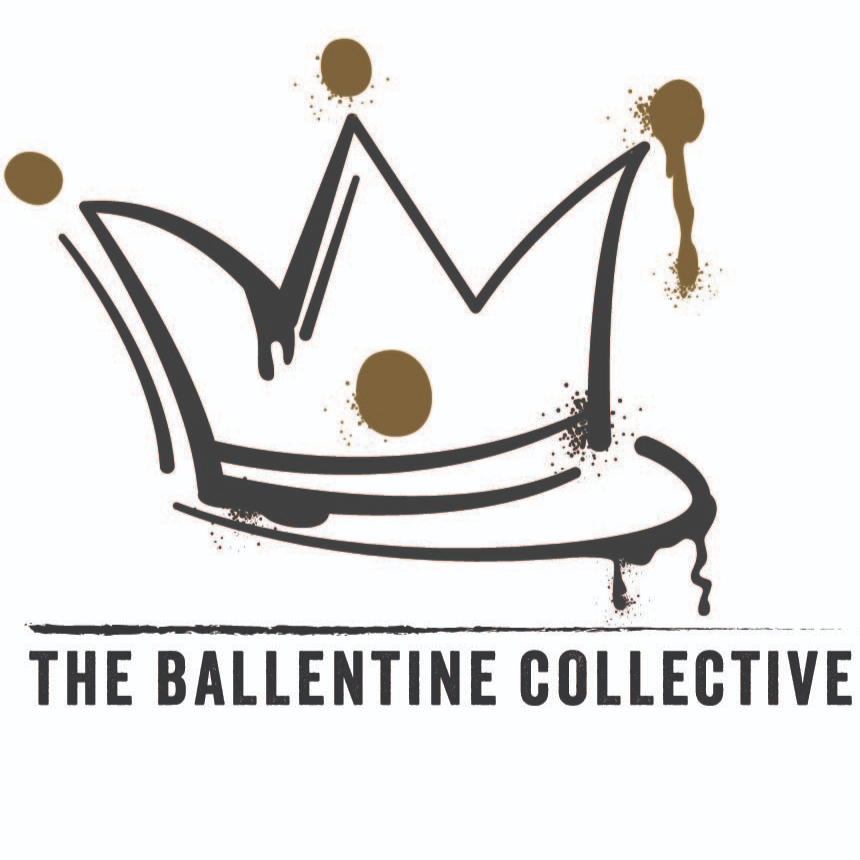Fashion has long been associated with personal style and self-expression, but it also holds great power as a political statement. The clothes we choose to wear reflect our values, beliefs, and even our resistance to social norms. In recent years, the concept of “fashion as resistance” has gained traction, highlighting the ways in which clothing choices can be used to challenge injustice and advocate for social change.
One of the most powerful examples of fashion as resistance is the feminist movement. Throughout history, women have used clothing to challenge patriarchal norms and assert their independence. In the early 20th century, suffragettes wore white dresses and sashes as a symbol of their fight for the right to vote. In the 1960s and 70s, feminists embraced comfortable, practical clothing as a rejection of traditional feminine attire, signaling a shift towards gender equality.
Fashion has also been a tool for marginalized communities to reclaim their identities and challenge discrimination. For example, the LGBTQ+ community has used clothing to express their pride and visibility. The rainbow flag has become a symbol of queer identity, and wearing it on clothing sends a powerful message of solidarity and resistance against homophobia and transphobia.
Similarly, people of color have used fashion to reclaim their heritage and challenge racial stereotypes. African Americans, in particular, have a long history of using clothing as a form of resistance. From the dashikis worn during the civil rights movement to the afros and bell bottoms of the Black Power movement, clothing has been a powerful tool for asserting black identity and challenging systemic racism.
Fashion as resistance is not just about making a statement; it can also spark important conversations and drive social change. In recent years, the fashion industry has been forced to confront its role in perpetuating harmful stereotypes and promoting unsustainable practices. The rise of ethical and sustainable fashion brands has challenged the mainstream fashion industry’s reliance on exploitative labor practices and environmental degradation.
Ultimately, fashion has the power to be a catalyst for social change. By using clothing as a form of resistance, individuals can challenge oppressive systems, spark important conversations, and advocate for a more just and equitable society. As we navigate an increasingly polarized world, it is more important than ever to harness the power of fashion to promote positive social change and create a more inclusive and equitable world for all.
For more information visit:
The Ballentine Collective | Streetwear Apparel
https://www.theballentinecollective.com/
Welcome to The Ballentine Collective, a fashion brand that blends hip hop, comic book, and anime influences into bold, unique apparel designs. Shop our collection and join a community that celebrates creativity, individuality, and style. Express yourself boldly with The Ballentine Collective.

